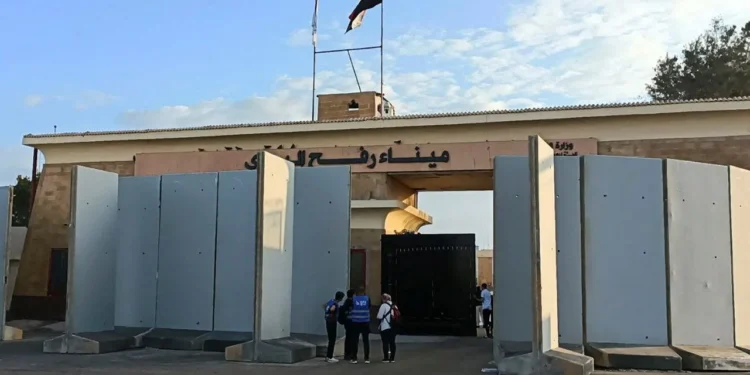On May 29, 2024, the Israeli military announced that it has seized control of the Philadelphi Corridor, a 14-Km stretch along the Gaza Strip’s border with Egypt. This move gives Israel authority over Gaza’s entire land border, previously unregulated by Israel. According to chief military spokesperson Daniel Hagari, the corridor was a critical smuggling route for Hamas, used to bring weapons into Gaza.
Despite the ICJ order to halt attacks on Rafah, Israeli forces have intensified their operations. Tanks have entered key areas in Rafah, including Tel Al-Sultan and Yibna, only to pull back to the border buffer zone. Palestinian health officials report that 19 civilians have died from Israeli airstrikes and shelling. Deputy director of ambulance and emergency services in Rafah, Haitham al Hams, highlighted distress calls from residents targeted by drones while moving to supposed safe zones.
The World Court’s order emphasized the need for Hamas to release hostages taken during an October 7 attack on southern Israel, which resulted in approximately 1,200 Israeli deaths and over 250 hostages being seized. In the wake of these events, Israel has been conducting a sustained military campaign in Gaza, aiming to dismantle Hamas’ rule.
In response to the escalating humanitarian crisis, Palestinian Health Minister Majed Abu Raman urged the United States to press Israel to open the Rafah crossing for aid. The situation in Gaza is dire, with severe shortages of medical supplies and essentials due to the conflict.
The US Secretary of State Antony Blinken has urged Israel to devise a post-war plan for Gaza to prevent chaos and a potential resurgence of Hamas. The U.S. maintains its stance against a major ground offensive in Rafah, expressing concerns over potential civilian casualties.
Reports from Gaza’s Health Ministry indicate that over 36,000 Palestinians have been killed since the start of Israel’s military operations. Israeli officials, including National Security Adviser Tzachi Hanegbi, suggest that the conflict will continue throughout 2024, aiming to permanently end Hamas’ control over Gaza.
Ceasefire negotiations have stalled, with Hamas insisting that talks are meaningless unless Israel ceases its offensive on Rafah. Meanwhile, Hamas and allied Islamic Jihad fighters claim to have inflicted damage on Israeli forces using anti-tank rockets and explosive devices. The Israeli military has confirmed the deaths of three soldiers and serious injuries to three others.
The humanitarian situation in Gaza is exacerbating as aid access dwindles. The United Nations has warned of potential famine, noting that humanitarian aid deliveries have significantly reduced since the intensification of Israeli attacks on Rafah. Around one million Palestinians have been displaced, seeking refuge in southern Gaza, only to face ongoing bombardment.
The Palestine Red Crescent Society (PRCS) evacuated its medical teams from a field hospital in the Al-Mawasi evacuation zone due to continuous Israeli strikes, which also killed two PRCS staff members in an ambulance.
The situation remains volatile with continuous airstrikes across Gaza, including Khan Younis and Gaza City, where residential areas are heavily targeted. Medics report increasing casualties, including children, further straining the already overwhelmed medical infrastructure in the enclave.
This conflict underscores the severe humanitarian crisis unfolding in Gaza, marked by widespread displacement, severe shortages of essential supplies, and mounting civilian casualties amid ongoing military operations.
















